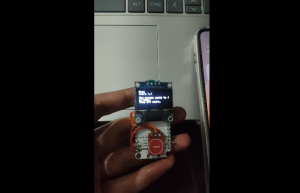Parental training along with medications can significantly reduce aggression in children, according to a new research.
Experts say aggression might be a symptom of various underlying problems such as psychiatric conditions, medical problems and life circumstances. According to developmental theory, aggressive impulses are an important aspect of the psychological life. Aggression is expressed in various behaviors at different ages. This can be brought under control over time if the individual's energy is moderated, channeled and regulated, but it can by no means be stamped out, reports Zero to Three.
In order to treat aggression in children, parents should first understand the root cause of the condition.
In the current study, the researchers conducted "augmented" therapy, consisting of stimulant and antipsychotic drugs, along with parental training in behavioral management techniques as more effective than basic therapy.
"An important finding of this study was that at the end of nine weeks, approximately half of all children receiving basic therapy were still rated by their parents as being impaired... with symptoms interfering with school or social functioning," said study author Kenneth Gadow, a professor of psychiatry at Stony Brook University in New York, reports HealthDay.
"In the augmented group receiving three interventions for aggression, about one-quarter still, at the end of nine weeks, were rated by their parents as being impaired," he added. "And that suggests, even with highly effective therapies, that many of these children still have unmet treatment needs."
As per the statistics released by the Centers for Disease Control and Prevention, at least 11 percent of children in the United States ages between 4 and 17 are diagnosed with ADHD. The condition includes symptoms such as impulsivity, hyperactivity and difficulty in focusing and controlling behavior.
Children with cognition problems such as mental retardation and autism are also likely to have aggression. Aggression in these children crop up because of the difficulty faced while dealing with their anxiety or frustration. Moreover, they are not able to express their feelings as others do. The aggression may also be a form of impulsivity, according to the Child Mind Institute.
The current study was published in the Journal of The American Academy of Child and Adolescent Psychiatry.
© 2025 HNGN, All rights reserved. Do not reproduce without permission.








